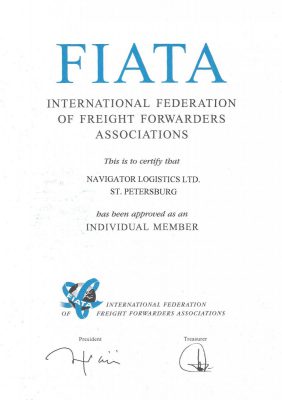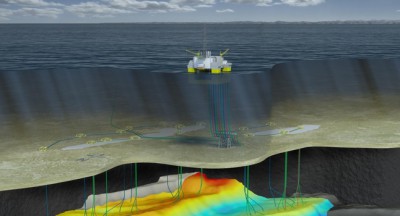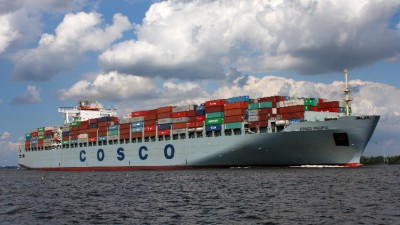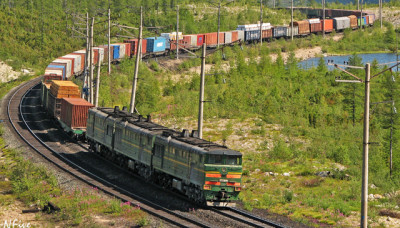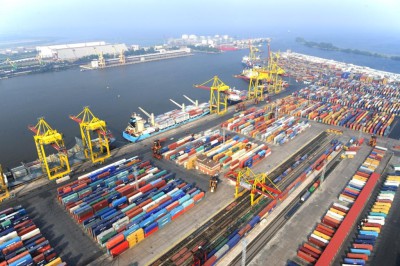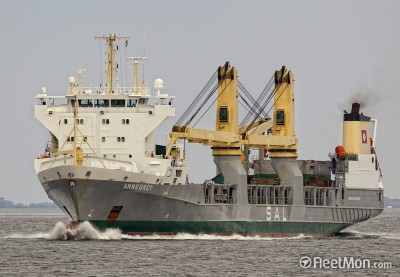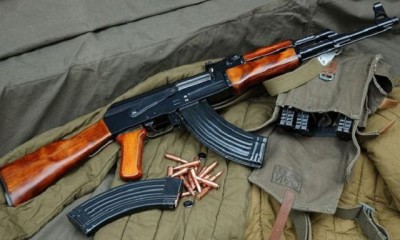Compared to the same month last year, freight turnover in August 2014 increased by 4% to 191.4 billion tariff ton-kilometres. Freight turnover taking into account empty wagon runs in August 2014 cmpared to August 2013 increased by 4.3% and amounted to 245.4 billion ton-km.
According to the latest figures, loading volumes in January-August 2014, amounted to 808.4 million tons, 1.4% less than during the same period of 2013.
The railways shipped the following goods. The figures in brackets show the percentage change compared to January-August 2013:
- coal – 202.3 m tons (+0.2%);
- coke – 7.6 m tons (-0.1%);
- oil and petroleum products – 170.3 m tons (+2.1%);
- iron and manganese ores – 71.7 m tons (-2.2%);
- ferrous metals – 47.4 m tons (+0.8%);
- ferrous metal scrap – 10.6 m tons (-1.7%);
- chemical and mineral fertilisers – 33.3 m tons (+7.1%);
- cement – 22.6 m tons (-6.8%);
- timber – 26.3 m tons (+9%);
- grain and milled products – 9.8 m tons (+44.3%);
- construction materials – 96.7 m tons (-17%);
- non-ferrous ores and sulphur feedstock – 13 m tons (-6.1%);
- chemicals and soda – 17 m tons (-3.7%);
- industrial feedstock and moulded materials – 23.2 m tons (+5.2%).
Freight turnover since the beginning of 2014 amounted to 1514.3 billion tariff ton-km, an increase of 5.5%, and to 1950.9 billion ton-km taking into account empty wagon runs, a rise of 6.1%.
Source: http://eng.rzd.ru/newse/public/en?STRUCTURE_ID=15&layer_id=4839&refererLayerId=4530&id=106451
